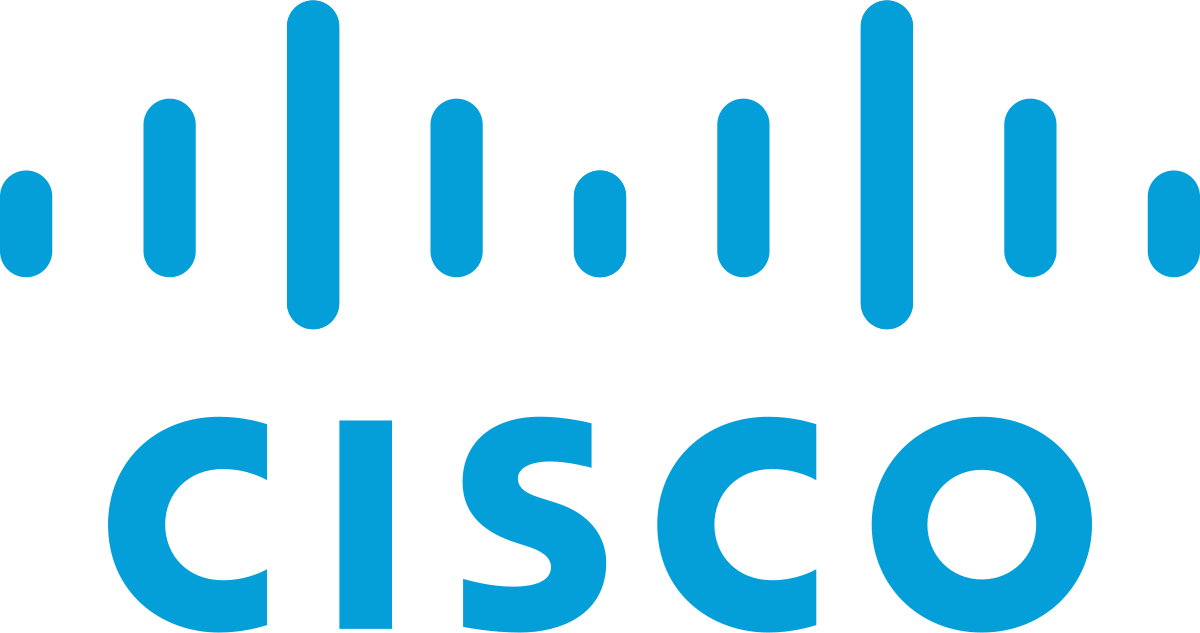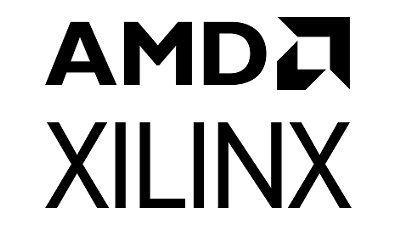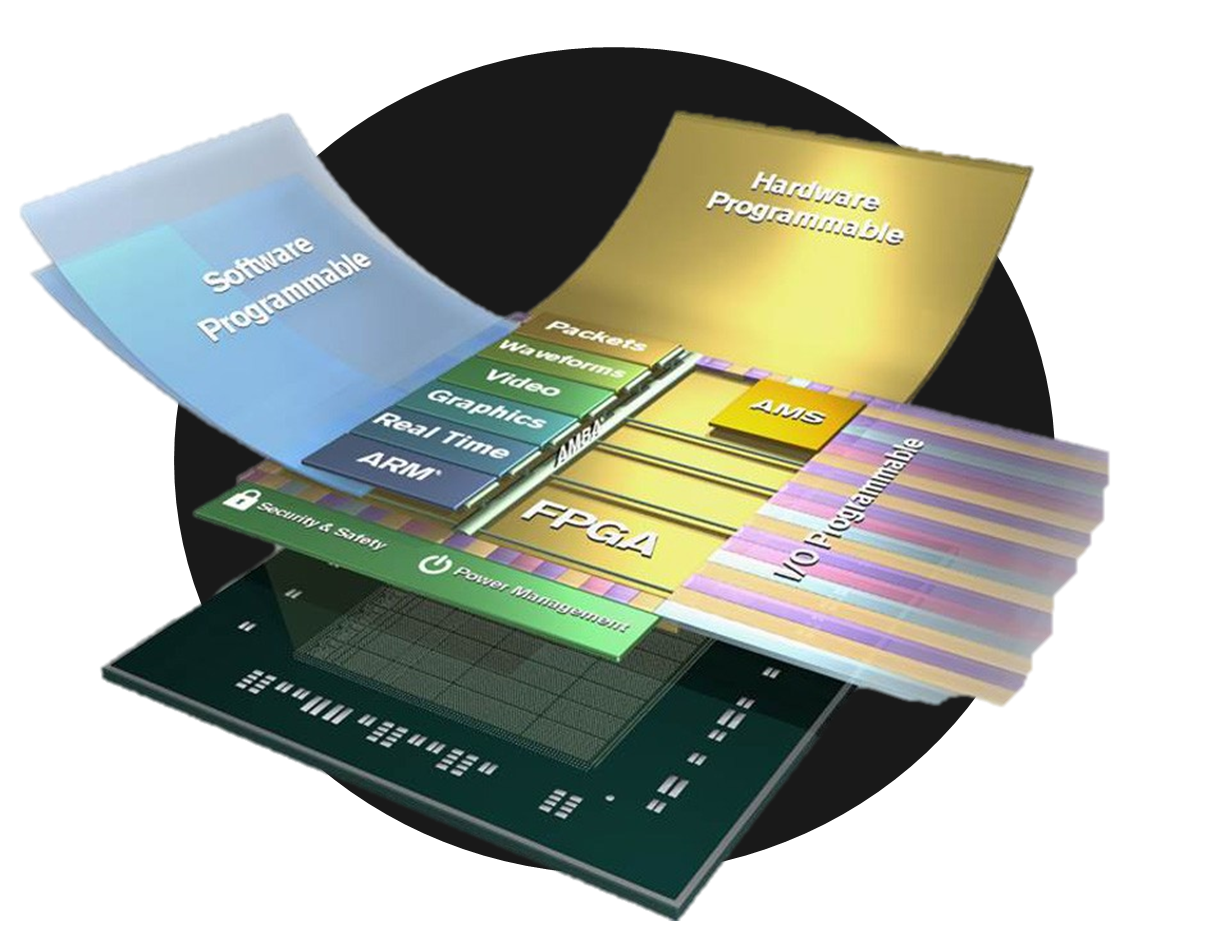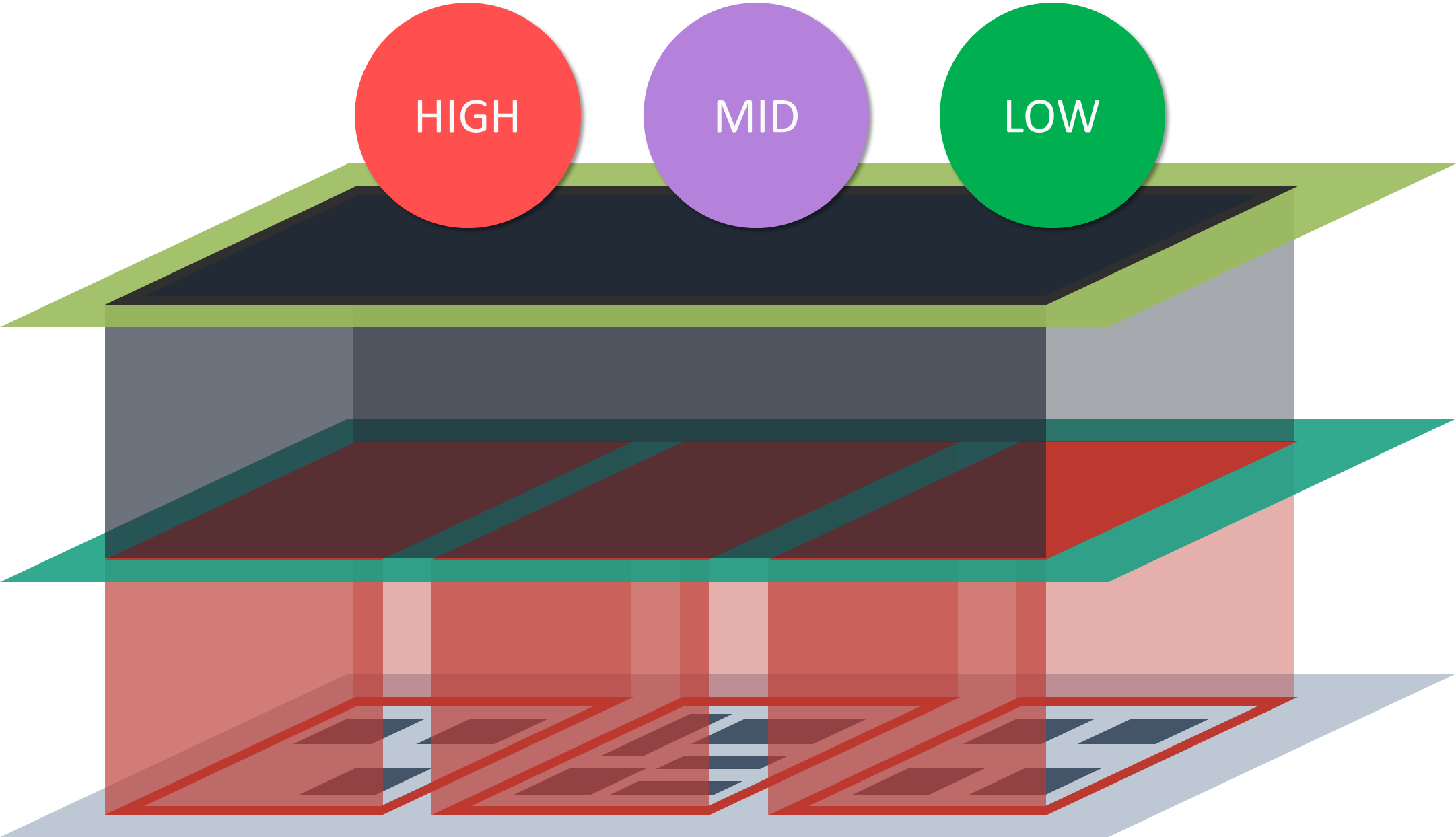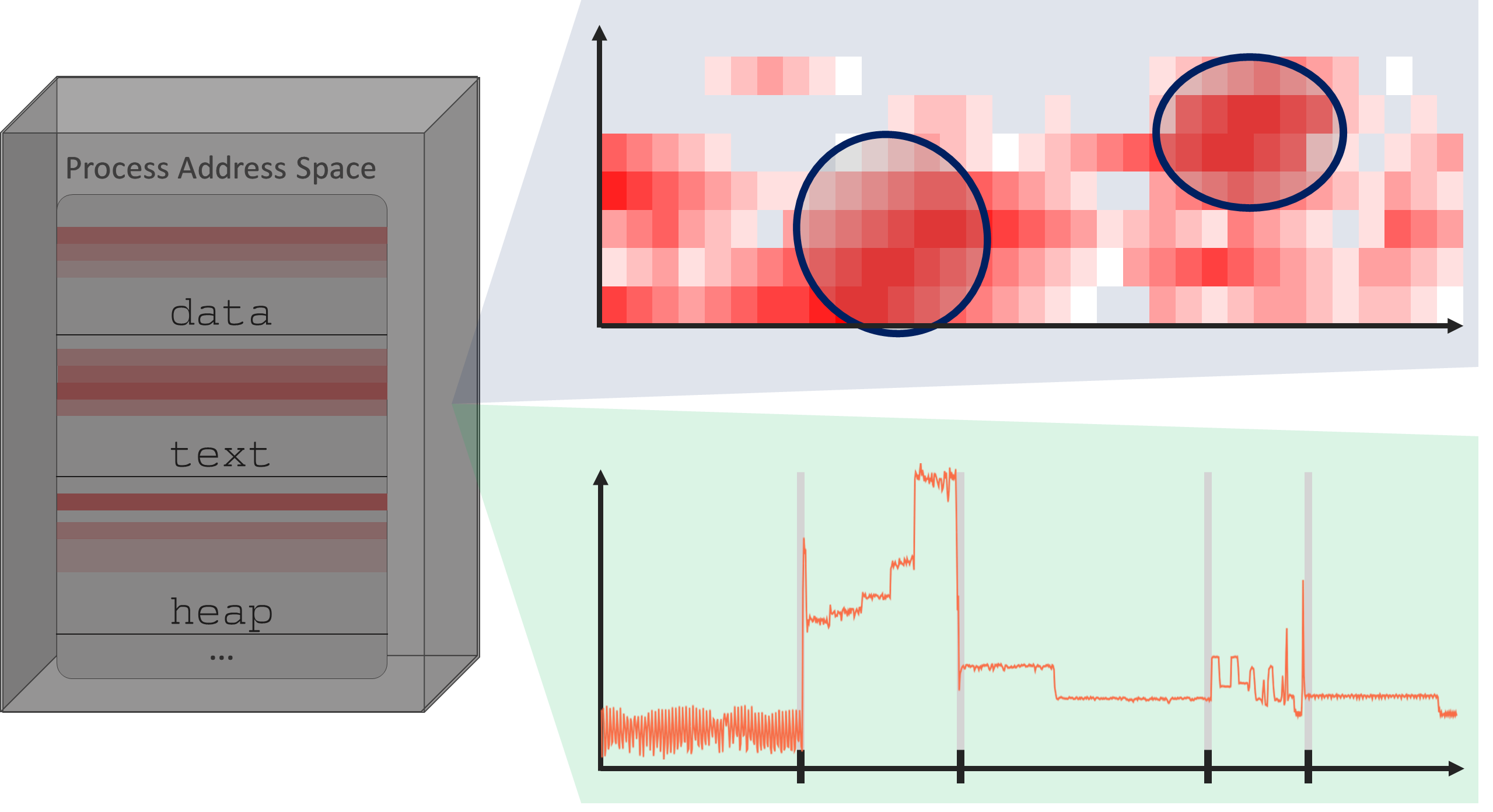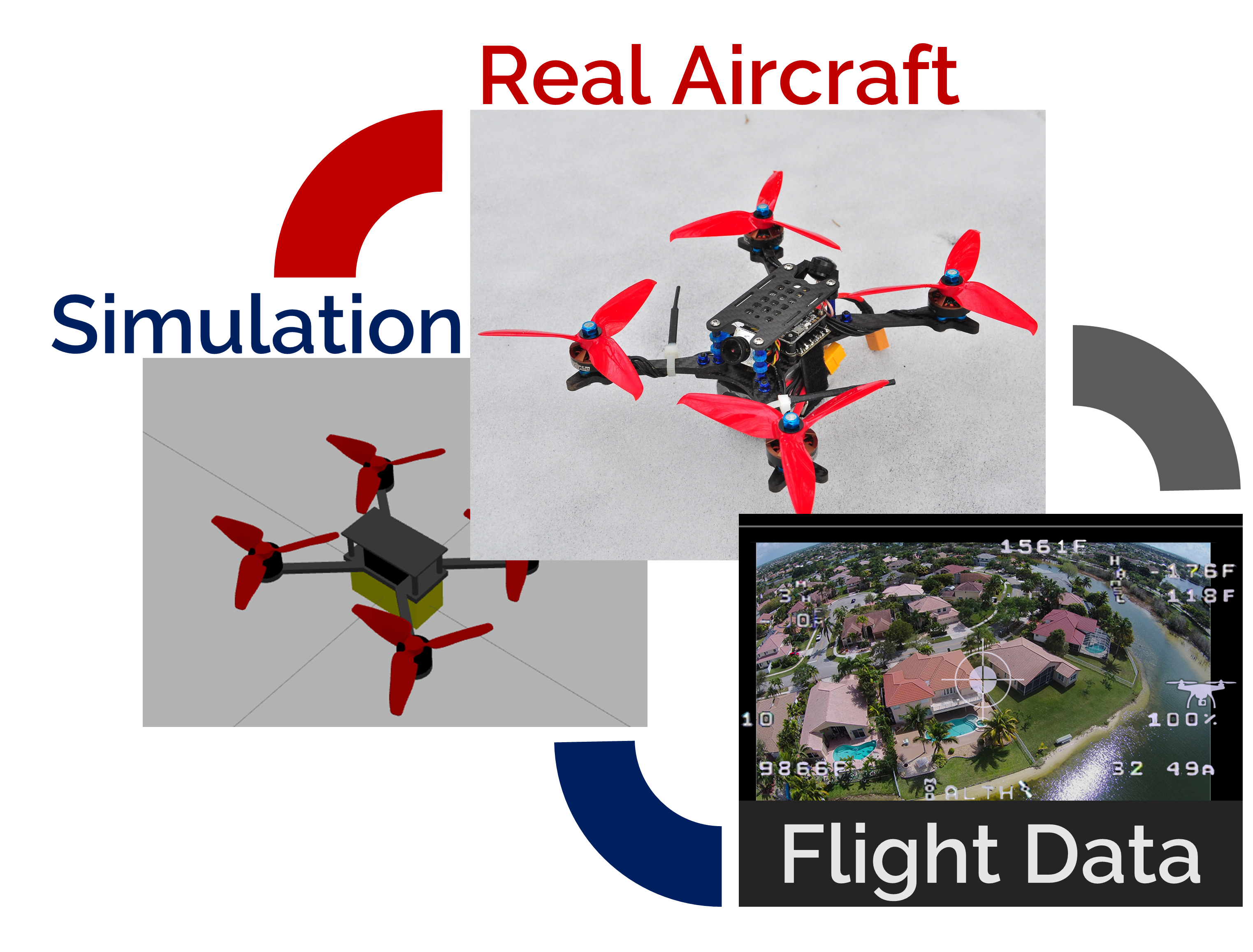ABOUT THE LAB
The mission of the Cyber-Physical Systems Lab (CPSLab) at Boston University is to rethink and re-design when, how, and where computation happens in modern multi-core, heterogeneous, dynamically re-reconfigurable embedded systems. The research propelled in the lab aims at harvesting the unprecedented potential of bleeding-edge embedded technology to deliver solid foundations for the development of next-generation cyber-physical systems. These include self-driving cars, green-energy UAVs, machine-learning-enabled robotics controllers, IoT and edge-cloud devices, to name a few. The challenges tackled at the lab span from hypervisor technologies to enforce strong performance isolation, to OS-level solutions to conduct accurate workload profiling and management; from leveraging the power of machine learning in bare-metal micro-controller firmware, to elevating performance self-awareness via on-chip reconfigurable hardware
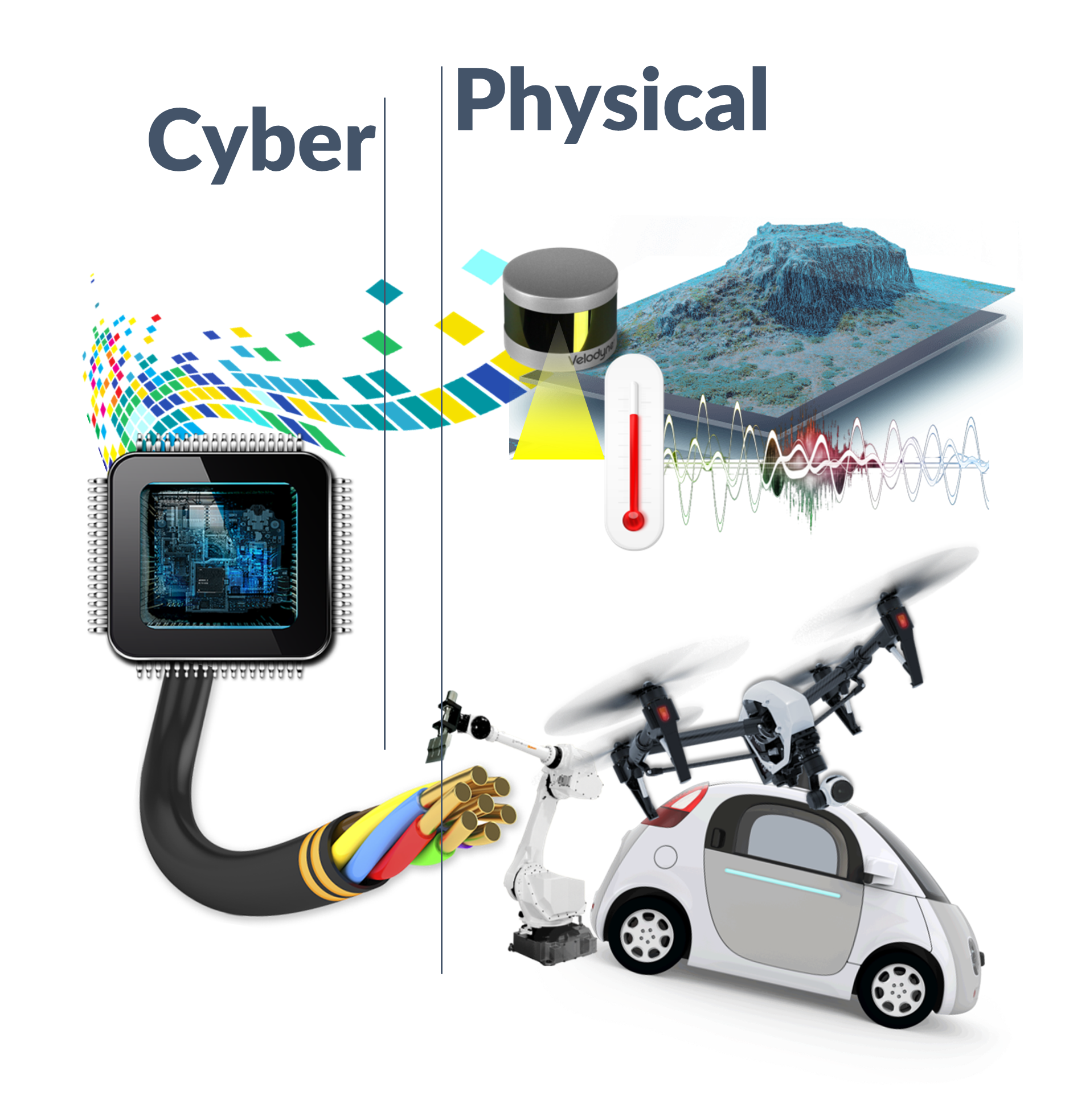
FOCUS AREAS
Partially Reconfigurable Platforms
Partially Reconfigurable Platforms
Embedded Systems-on-Chip comprised of traditional computing engines and tightly-coupled reprogrammable logic (FPGA) are a game-changer. Their versatility opens the doors for new computational paradigms; to rethink traditional software/hardware stacks. In our lab, we are investigating the degrees of self-awareness that can be attained via FPGA-in-the-middle performance assessment and control.
Read MoreReal-Time Virtualization
Real-Time Virtualization
Hardware-enabled virtualization is mainstream in embedded platforms. As high-performance real-time applications call for hardware of ever-increasing complexity, virtualization is key for the creation of spatially and temporally isolated application domains. In our lab, we are advancing the state of the art in real-time virtualization techniques to deliver strong spatio-temporal isolation and workload-aware tuning.
Read MoreWorkload Profiling
Workload Profiling
Modern safety-critical systems are comprised of complex applications and equally complex hardware. Understanding the subtle interplay between software and hardware is the way to go to perform informed resource management. In our lab, we are devising techniques to collect, analyze, and leverage fine-grained knowledge on the interaction between applications, processors, and memory resources.
Read MoreNEURAL NETWORK CONTROL
NEURAL NETWORK CONTROL
Modern cyber-physical systems have complex dynamics that are hard to model and optimize for. The ability to integrate low-power, low-weight high-performance embedded microprocessors enables data-driven model estimation and control refinement. In our lab, we are pushing the boundaries of NN-driven flight control with an emphasis on system deployability, generalizability, and safety assessment.
Read MoreSPONSORS



